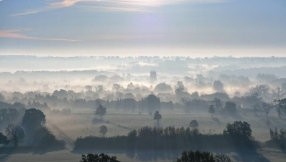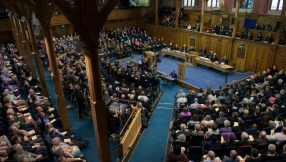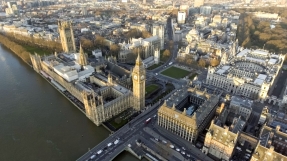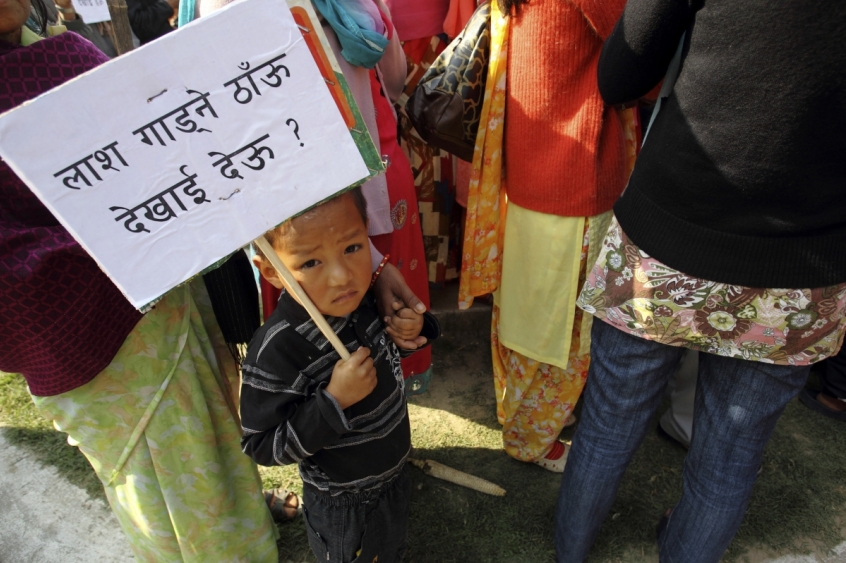
Christians in Nepal are being arrested and beaten up for no reason, Christian Today has learned.
Christian leaders in Nepal, a landlocked country in South Asia with China on one side and India on the other, are urging their fellow believers in the West to pressure their MPs to intervene.
The growing harrassment comes as the Nepal government prepares to implement new laws restricting freedon of religion and belief that are similar to the harsh and controversial Pakistani blasphemy law.
Eight Christians are currently awaiting trial later this month, accused of illicit evangelisation. They were arrested and held in custody for nine days, charged with distributing a comic book explaining the story of Jesus as a gift at trauma relief sessions that were held in two schools in eastern Nepal this year as a response to the April 2015 earthquakes.
Christians make up less than two per cent of the 28 million mainly Hindu population of Nepal.
Tanka Subedi, senior pastor of Family of God Church, Kathmandu and advocate for Freedom of Religion and Belief in Nepal and South Asia, said: "For the last two years we have been unsure about how long the doors will be open for us to practise our faith freely. We were not expecting this level of harassment."
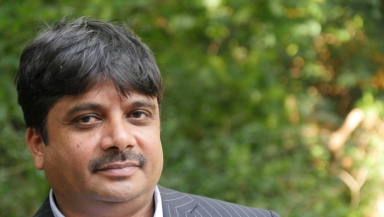
Pastor Tanka told Christian Today that there are there are in total 15 court cases waiting to be heard.
"Christians were arrested and beaten without reasons," he said. "Political leaders are accusing Christian for converting by paying money."
Pastors are afraid to take Bibles and literature with them in their ministry becasue there is a danger police will accuse them of trying forcibly to convert others simply by having a Bible in their possession.
"Children are traumatised," he said. Some Christian organisations working for the churches have had no permission to do their work since mid-July. Churches and their ministries have found they no longer have a legal identity. Orphanages and Christian NGOS working with churches are being regularly harassed."
Tanka said: "The Government has prepared a law banning all types of freedom for religious minorities. Those arrested and their families have a miserable life, they have no money for the court case and travel and lodging for family members to attend. Those who were the breadwinners for the family are in jail. They do not know how their families can be supported."
Tanka added: "It would be helpful if Christians in the West would talk to their Government through MPs to look at the Nepal situation and speak for us. Please urgently pray for Nepal and take some practical action against suppression of Christians in Nepal."
Under Article 26(3) of Nepal's new constitution, introduced in September last year as the nation transitioned from a Hindu monarchy to a secular democratic republic, it is punishable by law to convert someone from one religion to another or act in a way that may jeopardise another's religion.
Among those facing trial on October 26 are Bimal Shahi, Prakash Pradhan and Shakti Pakhrin of Charikot, who spent nine days in jail accused of illegal conversion because of the distribution of a small pamphlet, The Great Story, with the story of Jesus explained for children.
The arrests took place in June 2016, following two trauma counselling sessions organised by Teach Nepal, a Kathmandu-based non-governmental organisation.
The sessions sought to address the psychological needs of children affected by the earthquakes that hit Nepal in April 2015. When they finished, children were given a small gift pack which included a handkerchief and the 23-page comic book.
On their way back to Kathmandu, five Teach Nepal staff were stopped by the police. Their car was searched and a Bible was found in the car.
The Bible was used as evidence by the police to arrest and later accuse them of attempting forcibly to convert children to Christianity.
In both schools, the children who attended the sessions were from diverse faith backgrounds; no religious teaching or prayers took place during the counselling sessions and none of the children were forced to take this gift. The principals of the two schools, who authorised the sessions, and a pastor who was acting as a contact between the schools and the NGO, were also arrested.
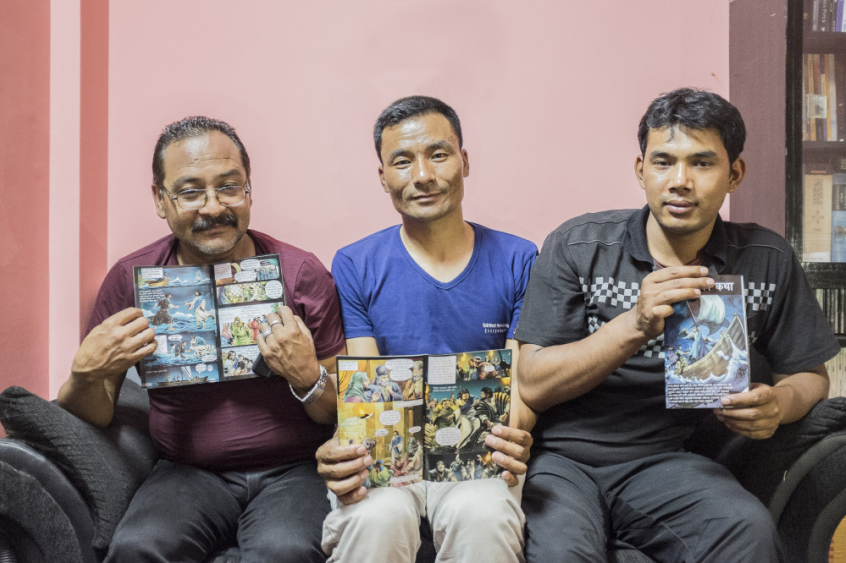
In a blog about the case, Christian Solidarity Worldwide's advocacy officer for Nepal writes that the case is important because it will set a precedent.
The charge sheet they were served by the police is thought to be the first in the nation's history in which Article 26 (3) of the newly promulgated constitution was quoted. This clause states: "No person shall, in the exercise of the right conferred by this Article…convert another person from one religion to another or any act or conduct that may jeopardize other's religion and such act shall be punishable by law."
Tanka said the new legislation seemed to target Christians in particular.
"I always have a Bible or other Christian books in my car, which I often distribute. If the current culture of discrimination against us continues, this might be enough for the police to stop me any time and accuse me of trying to convert others, given that my fellow Christians in the Charikot incident were arrested by the police and the Bible in their possession was used as evidence in their case."
The new constitution states in its preamble that Nepal is a "secular, inclusive, democratic" state and goes on to define the word secular as "including protection of religion, culture handed down from the time immemorial." However this phrase, Sanatana Dharma in the original Nepail text, is a phrase traditionally used to refer to the Hindu faith only.
One of those accused of forcibly converting children has spoken movingly about her plight. China Maya told Thomas Subba, of NepalChurch.com: "I am a Christian by faith having a lot of relations with churches around the country." She helped families feed their children and eventually founded an orphanage. Then earlier this year, during an inspection, a Bible was found in her room. "As a result I was falsely accused of forcing children to religious conversion. It is obvious for a Christian to have Bible at home, but it does not mean that person is proselytising. But they did not understand this aspect; they even declared that they would close my orphanage."
When she took the 14 children in the orphanage to Kathmandu for safety, she found herself accused of trafficking.
"I am accused of human trafficking and proselytising for taking care of poor children," she writes.










